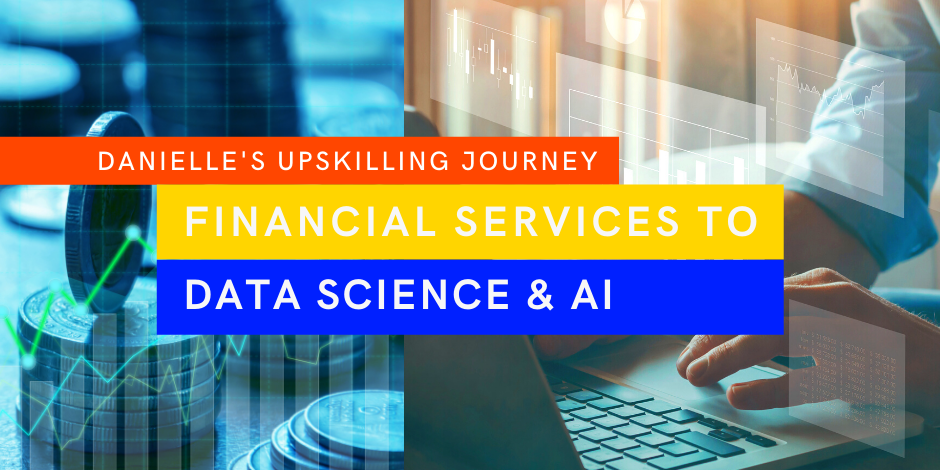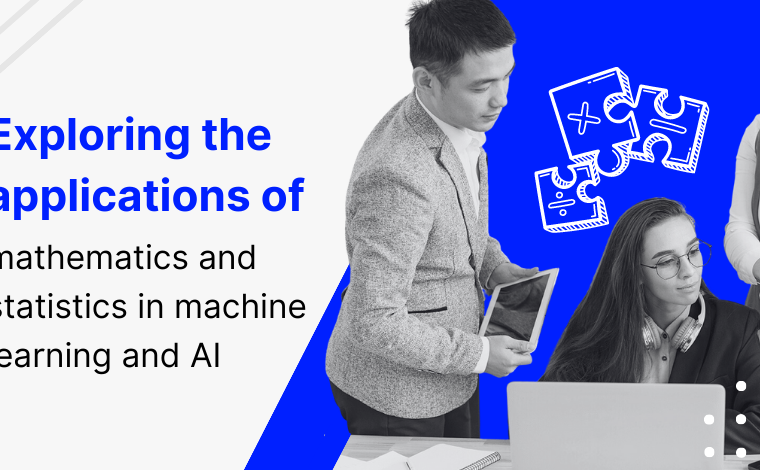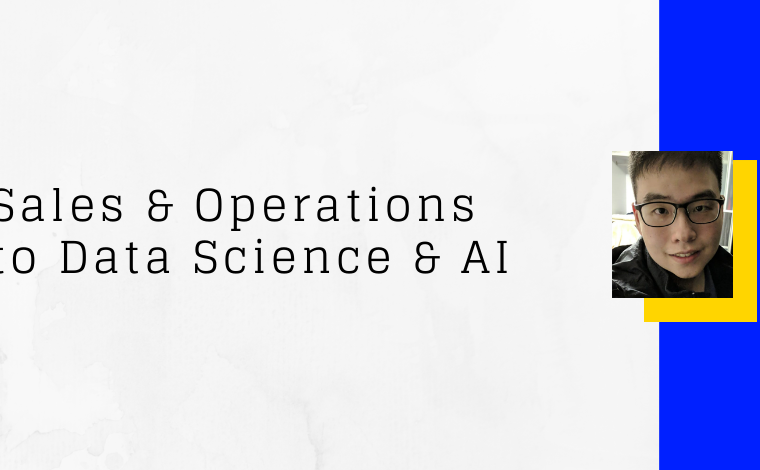How Danielle Combined Her Passion for Data and Finance to Progress Her Career in Singapore

Stay Informed With Our Weekly Newsletter
Receive crucial updates on the ever-evolving landscape of technology and innovation.
In just 12 weeks, Danielle became industry certified through the Institute of Data’s full time Data Science and AI Program in Singapore. With a diverse career background working in the financial services sector, she recognised the opportunity to expand her career prospects by combining her existing industry experience with her desire to become more strategically data and finance focused.
Danielle has always been interested in providing clients with data driven insight so stakeholders can make timely, informed decisions. However, she found herself making sense of past data and wanted to develop the capability to provide more accurate, forward-looking financial advice. Through our program, Danielle was mentored by data industry experts and was able to explore and build her data skillset. During the course, she successfully learned how to use data to identify the drivers of performance and produced a data model which predicts the future. Learn more about her journey so far:
Can you describe your career experience before making the change to data science & AI?
“I’ve been working as a finance professional in the financial services sector for more than 20 years. I have covered areas in financial planning & analysis, financial reporting, project coordination, management information system implementation and process review/re-engineering.”
What were your career goals before upskilling to data science? How has your outlook changed?
“I want to be able to provide sound financial advice to influence the decision making by management. I spent a lot of time analysing and reporting on past financial performances. There was limited ability to provide forward-looking financial advice, which was largely based on assumptions. From the Data Science course, I learnt to use data to identify the drivers of performance, to develop a model using the data to predict the future. The forward-looking financial advice also becomes more accurate and explainable when you use data efficiently.”
Why did you choose to join the Full-Time Program in particular?
“I wanted to start a new data science related career as soon as possible. Moreover, I could concentrate better doing a Full-Time Program.”
When did you know data science was the right career path for you?
“During the course itself, I learnt the potential of data science in solving problems. I like the data driven approach to resolving problems.”
Tell us about your capstone project! How did you come up with your topic?
“I did a lot of budgeting and forecasting in my work. I feel that the approaches relied on too many assumptions and were often complicated with individual aspirations. Thus, I wanted to try to see whether the approach can be data driven and be more transparent.
Although the trainers constantly reminded us to choose the Capstone project topic during the course, I couldn’t figure out what I wanted to do straight away. In the end, I researched based on my interests (e.g. budgeting and financial services) and found my Capstone project idea. It was this interest that made me stick to my Capstone project and I’m grateful to my trainer who was supportive of me to continue to pursue my Capstone project.”
How did you find the process of completing your final Capstone project during the course? What did it teach you?
“I took a long time to decide on the Capstone project. If I had managed to start working on the Capstone project earlier, I would have had more time to try using different machine learning approaches or factor in more drivers to generate a more accurate model.”
In your opinion, how did the program change your perspective on the importance of soft skills in a data science role?
“Through the labs and individual projects that I completed, I realised that being a good coder without the soft skills would not make one a good data scientist.”
You’re now working in a full-time position after completing the course – Congratulations! How did you get a job in the industry after completing your training and what guidance would you give someone applying for jobs after upskilling?
“I proudly included in my CV my newly acquired skills to make myself stand out from all applications. I believe all industries can benefit from my newly acquired skills, not just restricted to tech firms, especially now where digitalisation is the way to go forward.”
You actually started the course with little IT experience. What advice would you give to professionals that don’t necessarily have existing data experience but want to upskill to data science?
“I put in the hours to practice and get my hands dirty. Also, in addition to the program, there is a lot of information on the internet that can guide you to build your knowledge and upskill.”
Read: How data science skills can help you in your next role
Read: Switching from a non-IT background to data science
How do you compare your career mindset now to 6-12 months ago?
“I would say in terms of mindset, I would always explore how data science can help or further enhance the process now as compared to the past 6-12 months.”
What advice would you give a professional that wants to kick-start their career in an industry that’s new to them?
“I have moved into a new industry recently and I’m still learning. I told myself to keep an open mind at all times and avoid making any judgements. I ask and learn from all colleagues in the organisation.”
Connect with Danielle on LinkedIn here.
If you are interested in up-skilling and transitioning your career to the Data Science field in Singapore, schedule a call with a Data Industry Career Consultant today.




